Reading: Facebook’s Experiments, Ello’s Value, Revisiting Mac OS 9, Recommending “The Road,” Your Brain on Video Games & More
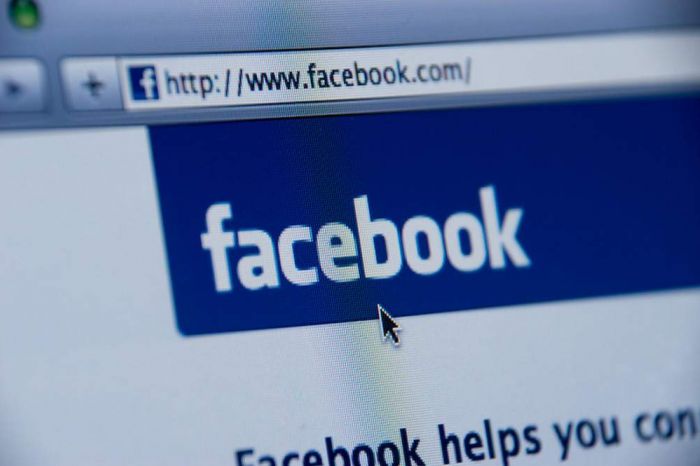
Earlier this year, it was revealed that Facebook intentionally manipulated users’ newsfeeds to gauge the emotional impact. As controversial as that may have been, it’s doubtful that Facebook will stop such experimentation anytime soon: “So we’ll spell it out: Facebook has every reason to manipulate the News Feed to optimize for whatever user engagement metrics correspond to the best returns for advertisers, which in turn correspond to the best returns for Facebook. And it has every reason to use other experiments in an effort to improve other parts of its operation.”
Like many, Alan Jacobs is trying to new social network Ello, and he’s left with more questions than answers: “I definitely agree that there’s a strong movement towards ‘products/services with which to create safer/more private spaces,’ but I have serious doubts about whether creating new proprietary social platforms is the way to do that. It seems to me, as I have already suggested, that we might do better to think about how to leverage the powers of the open web and its existing and very powerful technologies.”
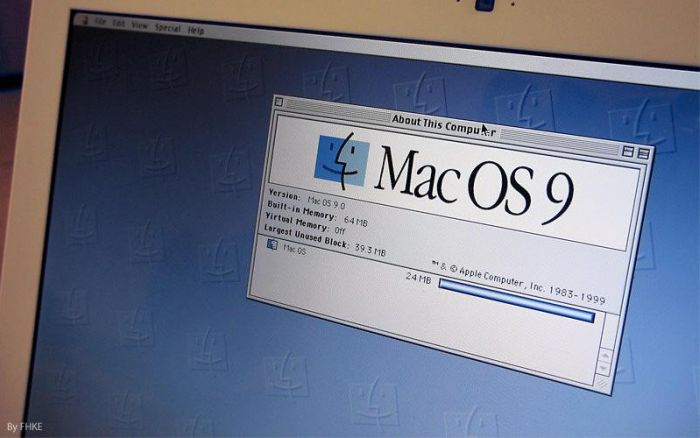
Here’s a slice of computer nostalgia: Andrew Cunningham tried using Mac OS 9 for a few days. And surprise, the 15-year-old operating system wasn’t the easiest to work with: “In the end I really couldn’t do a whole lot with classic Mac OS, which was kind of too bad. If anything, experimenting with it validated my ‘go with the flow’ approach to hardware and software updates. No matter how much you love something, time marches on. The tech industry is a hungry beast that demands constant growth and change, and one day your favorite old piece of software will be so far behind the times that nothing you can do will help catch it up.”
Alan Noble makes the case that Cormac McCarthy’s The Road is a novel every Christian should read: “Ours is a largely disenchanted world, one in which we look inward for our hope and significance and direction, rather than outward toward a transcendent reality. And yet here is Cormac McCarthy, perhaps the foremost living American novelist, telling a story that acknowledges the weightiness of the secular vision (in the voice of the mother) and then denies that vision by validating a faith in the transcendent.” I thought The Road was fantastic (though a difficult read), but now that I’m a father myself, I’m not sure I can ever read it again.
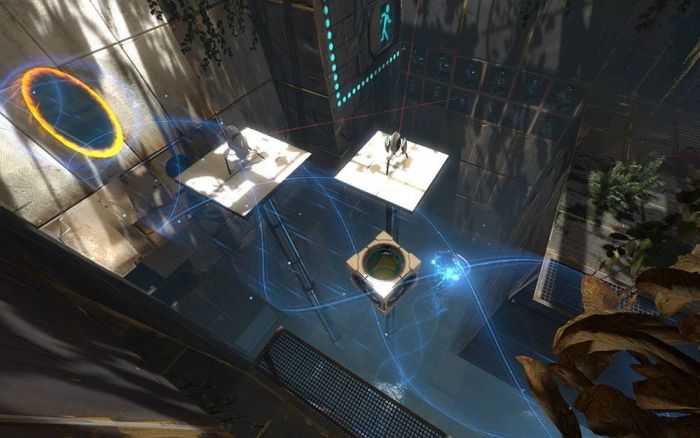
Researchers have shown that video games may actually make your brain stronger: “She and two other researchers designed and ran a study comparing Portal 2 with Lumosity, a popular brain-training game that’s sold as a brain workout. After eight hours’ worth of play, Portal 2 players showed more improvement in a few different standard cognitive skill tests than Lumosity players, Shute and her colleagues found. Additionally, in no test did Lumosity players show more improvement than Portal 2 players.” I wonder how GLaDOS feels about that.
People like to get upset at movie studios for not making it easier to watch what we want when we want to, or for not embracing new distribution schemes. Twitch’s Todd Brown, however, argues that exhibitors are really the ones to blame: “What the studios want — to service their audience as efficiently as possible — is no longer what the exhibitors want. The audience has moved on. And exhibitors — terrified that they are losing their hold as the primary viewing option — are desperate to maintain the status quo, caring only about what is good for themselves in the here and now rather than the health of the film industry as a whole.”
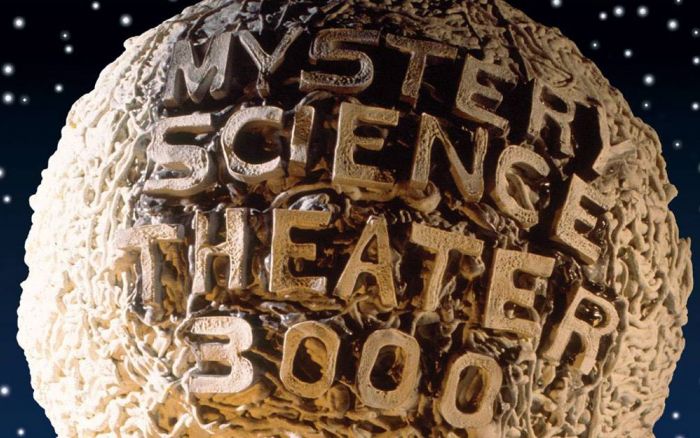
Mystery Science Theater 3000 tells you that “it’s just a show” but Ted Turnau explains that MST3K is deeper than it appears: “We build little bridges of humor between Russian folk tales and American rock stars, between a wimpy Canadian kid and his beefy side-kick, between a creepy ventriloquist dummy and ham, because we love for things to take on new meanings. It’s a creative quest that gives us no evolutionary benefit (silliness generally confers no competitive advantage in the survival of the fittest). The Dawkinses and Hitchenses will try to explain it away, but really there’s no accounting for it except for the fact that meaning — ultimate, ontological, basement-level meaning — exists throughout our cosmos, and we know it at some level.”
Noel Murray deftly explains the problem with movie prequels and reboots: “The coming wave of prequels suggests that we’re going to spending a lot of time over the next five years stuck in the past, hearing the same old stories again and again. And unlike a flashback, which fills in some key details before getting back to the main narrative, prequels generally don’t lead us to anywhere that we haven’t already been. They’re comfortingly familiar, but they’re the enemy of progress.”
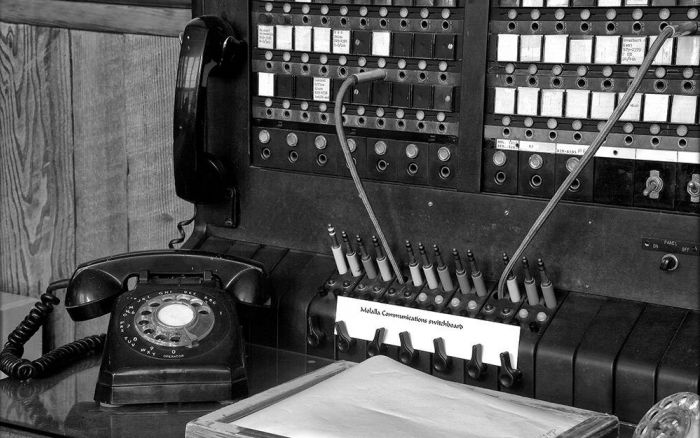
Here’s something you’ve always wanted to know: the history and psychology behind hold music. “A 1990 study in the Journal of Services Marketing, for example, found that younger people reported their shopping time to be shorter when it was accompanied by Top 40 music; that equation, however, reversed itself for shoppers over 25. And yet music that you like poses another problem, as identified by a study by Nicole Bailey and Charles Areni. ‘Compared to more anonymous selections,’ they write, ‘familiar music is more accessible in memory; hence, more events are associated with the target interval, which expands perceived duration.’ ”
What do we do with the many classic novels, plays, musicals, and operas that contain offensive racial and sexual stereotypes? Philip Kennicott argues that censoring or rewriting them to “protect” modern audiences isn’t the answer: “Censoring art to make it more palatable to contemporary audiences warps our sense of goodness, making our tolerance seem magically delivered rather than hard-won through centuries of struggle… Art has more important things to do: preserving its autonomy, preserving the danger of the experience, preserving the history embodied in the canon, and helping us understand our own ugliness, weakness and cruelty.”